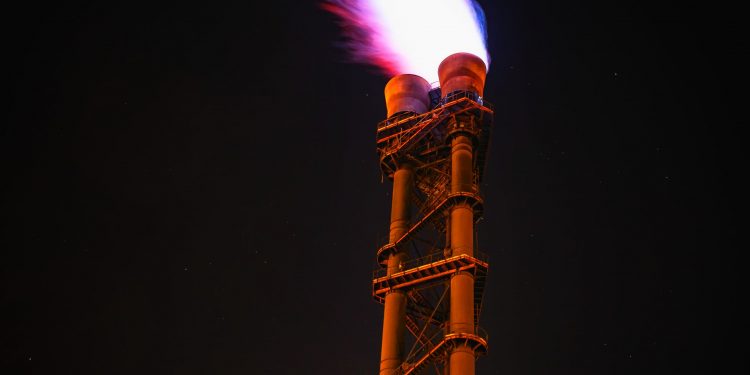Online event: Addressing methane emissions from oil & gas towards reaching the Paris Agreement targets
9 September 2020, 15:00 – 17:00 CEST
GO-TO-WEBINAR
Chaired by:
MEP Katalin Cseh
Co-chair of the ‘Clean Energy and Transport’ Working Group of the
European Parliament Intergroup on ‘Climate Change, Biodiversity & Sustainable Development’
VIEW THE RECORDING HERE
As a major consumer of natural gas, Europe plays a significant role in driving an urgent climate problem: methane emissions. At least one-quarter of today’s warming is caused by manmade methane emissions – and the oil and gas industry accounts for about 25% of this. In order to avoid the worst effects of climate change, EU needs to fundamentally review its dependence on oil and gas as primary energy sources, while also deploying technologies that reduce emissions from the production and use of these two fuels.
According to the International Energy Agency, the oil and gas sector can cut methane emissions by 75% using current technologies – up to two-thirds of that at no net cost. In its brief titled, “Limiting the Climate Impacts of the EU’s gas supply”, EDF outlines options for the EU to set clear policies for cutting methane emissions. The report comes at a critical time, as climate change has risen to the top of the EU political agenda. To achieve the Paris goals, Europe’s 2020 Gas Market Reform must tackle emissions in the energy system today, while creating the framework for Europe’s future sustainability. Reform of the EU gas package represents the next big opportunity for policy-makers to demonstrate that climate will be a cornerstone of EU energy policy.
As a result, this event aspires to address the main issues relating to the EU’s footprint on global methane emissions from oil and gas. It is an invitation to consider some of the immediate opportunities to lead, ensuring coherent policy responses across energy, climate, sustainable finance, industrial policy, space policy, R&D and the geopolitical dimension. Presentations at this event will include knowledge from science, economics, investment and technology developers to offer understanding of the problem and feasibility of solutions.



